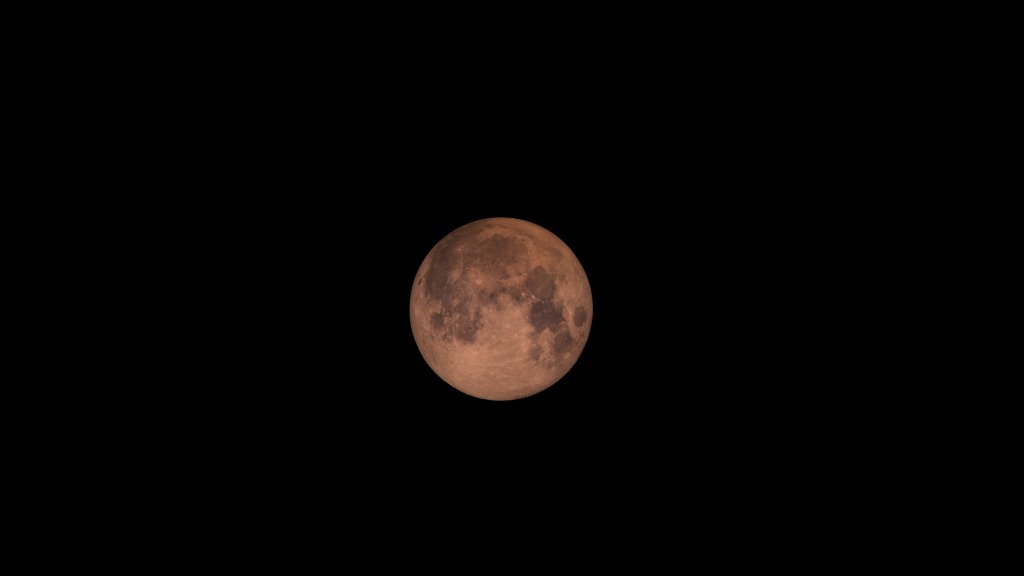

Excerpted from The Universe in 100 Colors: Weird and Wondrous Colors from Science and Nature by Tyler Thrasher and Terry Mudge. September 24, 2024, Sasquatch Books. Published with permission.
The red of a blood moon is the perfect example of how two separate bodies can have a drastic yet temporary effect on one another. A few things have to line up just right for humans to enjoy the colorful display of a blood moon, starting with the fact that Earth is luckily just large enough to cast the moon completely in its shadow under the right conditions, also known as a full lunar eclipse. The second necessary component is our atmosphere. A blood moon is the result of Rayleigh scattering, a phenomenon also responsible for our sunrises and sunsets. When sunlight passes through Earth’s atmosphere, particles in the air absorb certain wavelengths of light, leaving only yellows, oranges, and reds.

lunar eclipse, the moon moves into the center of this circle and red wavelengths cover its surface. Image: Courtesy of Sasquatch Books
When a total lunar eclipse occurs, glowing remnants from Earth’s atmosphere stretch through space and land on the surface of the moon. As the light stretches farther away from us, the wavelengths also lengthen, giving that light a red appearance. The quality of our atmosphere can also work to alter the appearance of a blood moon, such as volcanic eruptions deepening the red.

If you’d like to read more from The Universe in 100 Colors: Weird and Wondrous Colors from Science and Nature, check out Animals only see in black and white and 5 other color myths.
